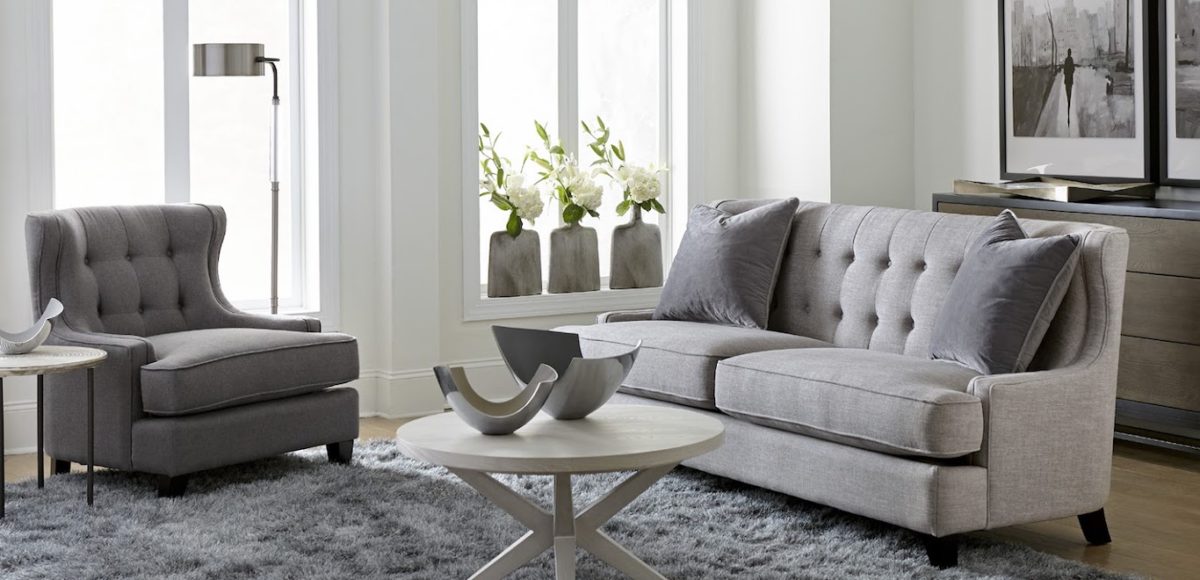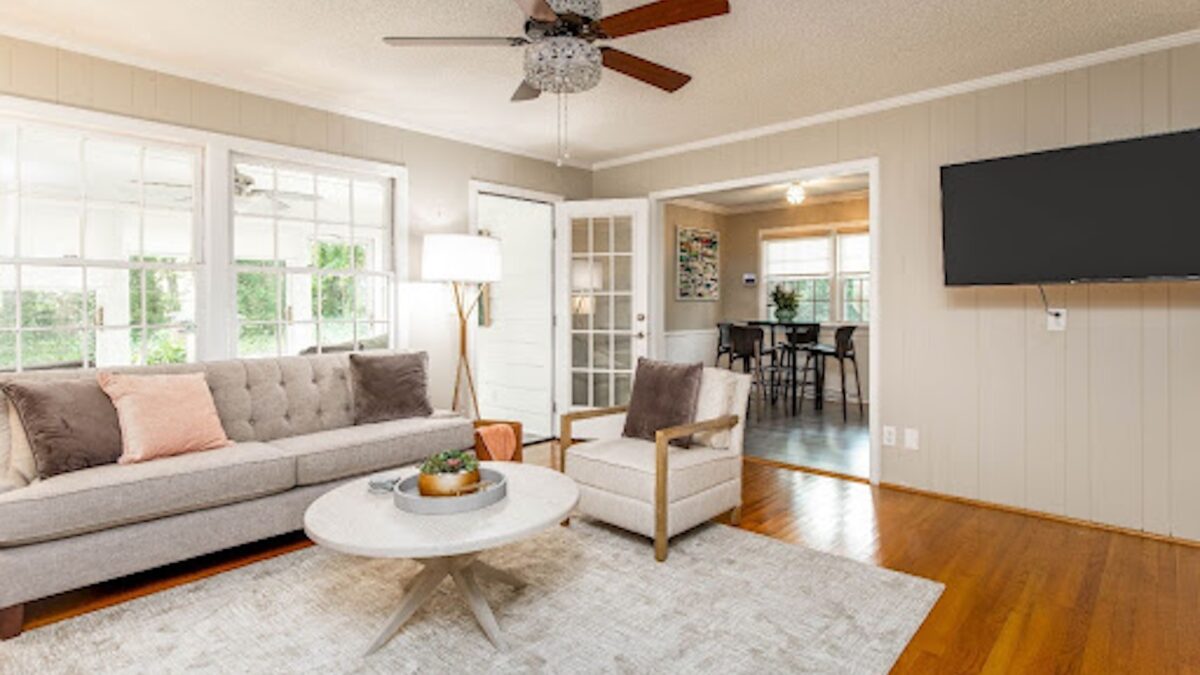In today’s world, adopting materialistic habits is easier than ever before. There’s no shortage of electronics, beauty products, clothing items, or other products you likely don’t need. And everywhere you turn, there’s something new waiting to catch your interest.
Accruing material possessions can become a vicious cycle, but this habit doesn’t have to be permanent. Are you ready to break free from materialism and start living with less? Read on to learn how to let go of things you don’t need.
What Does it Mean to be Materialistic?
Materialism is a personal focus on accruing material goods. Focusing on acquiring more things can steer your attention and behavior away from things that actually make you happy. Materialism leads many to seek joy in the form of luxury goods and cars, the latest gadgets — anything in excess of what is already owned.
It may be time to stop your materialism in its tracks if you find yourself wanting to buy one thing after another or experience short-lived happiness after many of your purchases.
How to Let Go of Material Things
According to a study found in the journal of Personality and Individual Differences, materialistic people tend to feel less satisfied with their lives. But by building positive habits, it’s possible to escape materialism and learn how to live with less — at least to some degree. Start with these tips.
1. Get to the Root of Your Materialism
Deciding that you want to start getting rid of your stuff is a great place to start. However, acting on this thought alone doesn’t always lead to success. In fact, jumping straight into tossing or donating your things may leave you feeling overwhelmed. When learning how to be less materialistic, it’s important to figure out why you engage in materialism in the first place.
This habit can stem from many things, including societal expectations, the belief that items buy happiness, or filling a personal void. Pinpoint the root of your materialistic habits by talking it through with a family member, friend, or professional confidante before you start letting go of stuff. When you acknowledge the ‘why’ behind this habit, you can begin to equip yourself with the tools you need to combat your buying habits.
2. Declutter Your Living Space
Now that you’re ready to end the cycle of materialism in your life, it’s time to declutter your home. Going through and getting rid of the unnecessary things you’ve accrued over the years can be quite an eye-opener. Not only will you run into stuff you thought you needed but didn’t, but you’ll likely feel a sense of freedom and relief when you finally have a clutter-free space.
If you want to take things to the next level, start tossing and donating old furniture too. Many people hold onto sentimental items and household products because they feel tethered to the emotional or monetary value behind them. However, breaking free of materialism typically lends to owning less. Consider renting furniture and other items you need instead.
In the end, decluttering can help to reduce stress and improve your overall well-being. But it can also provide you with a clean slate as you walk into your new lifestyle untethered to endless piles of unnecessary stuff.
3. Practice Gratitude
Studies have shown that practicing gratitude can have many personal and social benefits — from improved self-esteem and positive emotions to stress relief and reduced materialism. Taking the time to appreciate the things and people you already have in your life can help you fixate less on obtaining more possessions, thus making you more happy and satisfied overall.
A few ways to introduce gratitude into your life include:
- Gratitude journaling
- Meditating
- Gratitude mapping
- Practicing mindfulness
4. Identify Your Triggers
Whether there’s an influencer urging you to try a new supplement or a TV advertisement convincing you to purchase the latest smartphone, companies are always encouraging you to buy more things. But with so many people vying for your attention, how do you break free of materialism?
The key is to take note of the things, people, and places that trigger you to spend money on stuff that doesn’t bring value into your life. Then, make a conscious effort to only purchase items you absolutely need.
Here are several ways you can get started today:
- Write a daily reminder on your mirror to get yourself in the best headspace at the beginning of each day
- Commit to a shopping list before entering a supermarket, shopping mall, or clothing store
- Leave items in your online cart for a few days before committing to the final purchase
- Place a sticky note in your wallet reminding you to avoid overspending whenever you reach for cash or a card
- Exchange shopping for beneficial activities like learning a new skill, working out, or visiting an art exhibit
When learning how to emotionally detach from stuff (or when building any new habit), it’s helpful to remember that success begins and ends with your day-to-day decisions.
5. Find What Sparks Joy
Equating material possessions with happiness and success often leads to materialistic tendencies. It’s time to change the narrative! Maybe you’re happiest when spending time with friends or family instead of buying stuff online. Perhaps the new sights and cultural exchanges you experience while traveling brings you more joy than new shoes, clothes, and electronics.
By learning what makes you happy, you can shift your focus away from possessions and towards the things that matter most.
6. Prioritize Experiences Over Material Items
Dr. Thomas Gilovich, a psychology professor at Cornell University, has studied the correlation between money and happiness for over twenty years. He states:
“We buy things to make us happy, and we succeed. But only for a while. New things are exciting to us at first, but then we adapt to them.”
Instead, Dr. Gilovich suggests you’d be better off spending money on new experiences rather than material items. Not only does making this shift create new, lasting memories, but you’re likely to be happier for it too.
7. Rent What You Need at CORT
Living with less can not only help you enjoy better peace of mind, but it can also help you move towards a more sustainable lifestyle. Break the cycle of constantly buying, tossing, and replacing items. Instead, do right by your wallet — and the planet — by renting what you need.
Are you ready to reap the benefits of owning less? CORT Furniture Rental can help you customize and select a package that suits your space and style so that you have only what you really want and need. Plus, we’ll deliver your rented furniture and decor and set up your space and take everything away when it’s no longer needed — Own your life. Not your furniture.™
Start enjoying The Power of Furniture Flexibility™ today browsing online or visiting your local CORT showroom.







